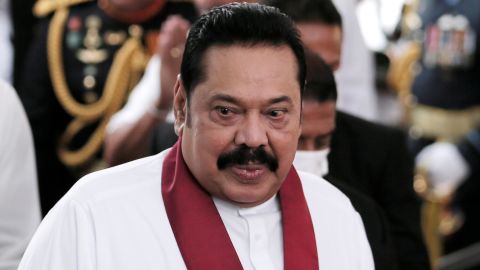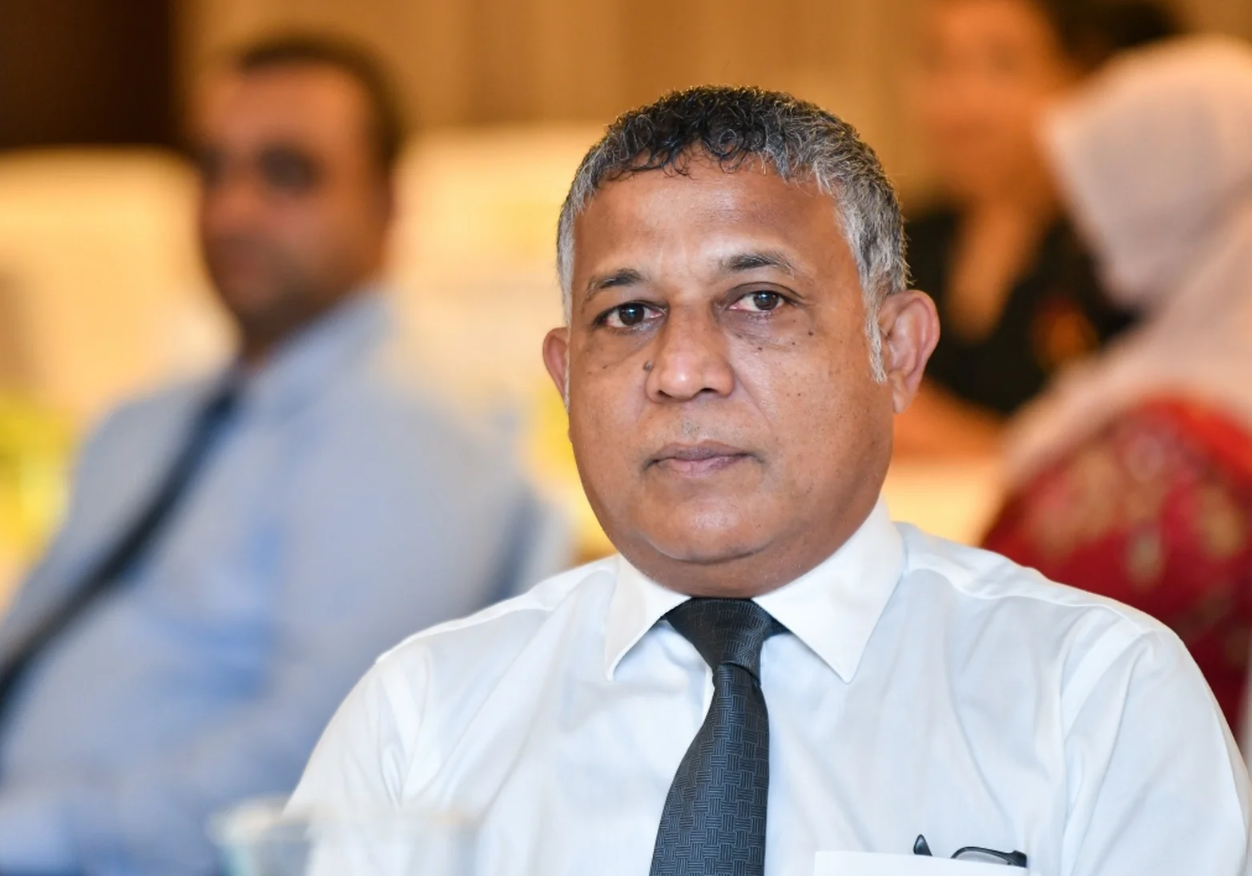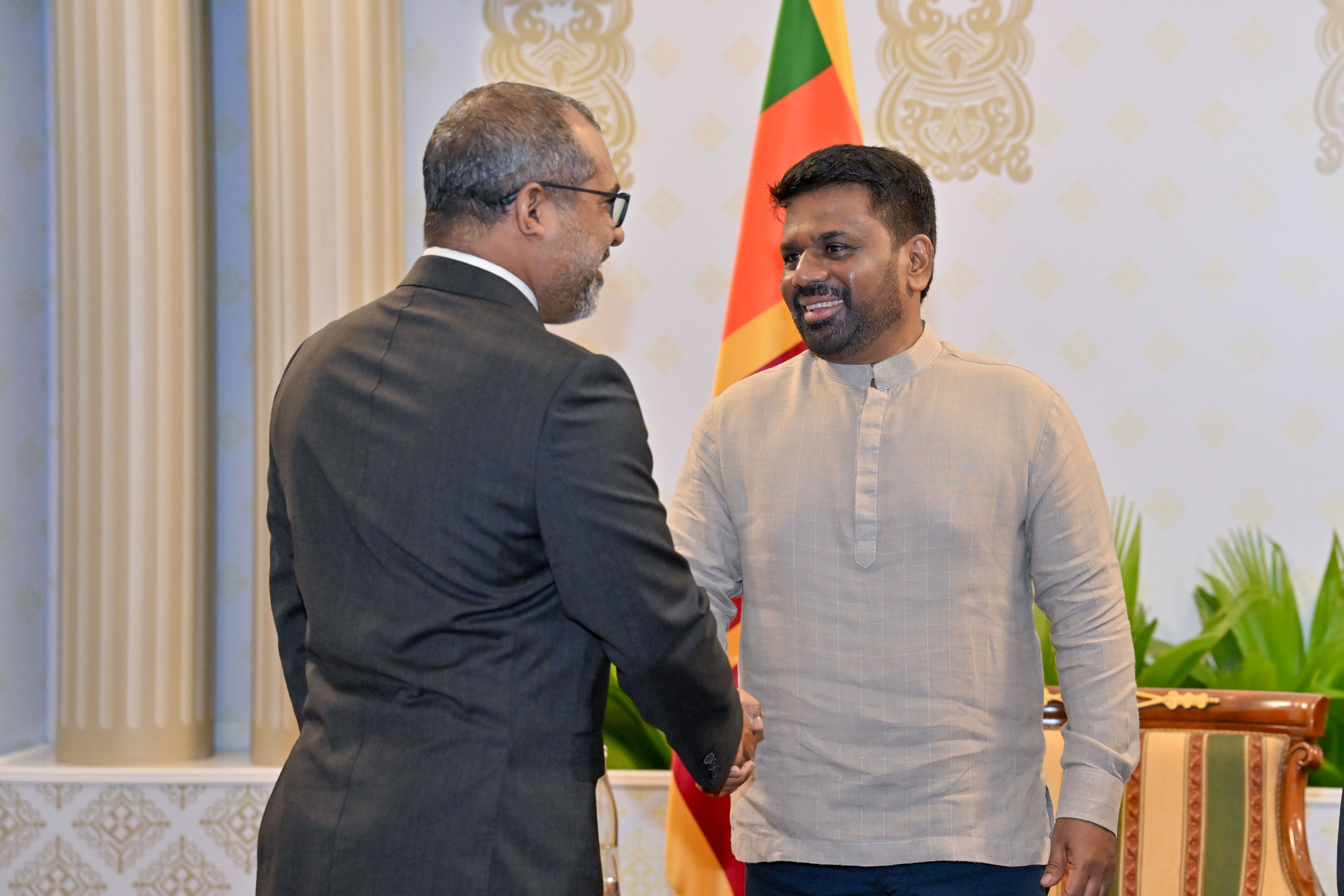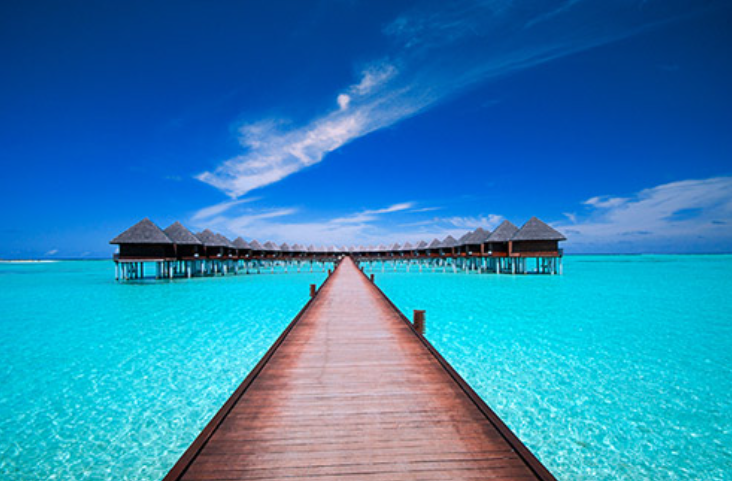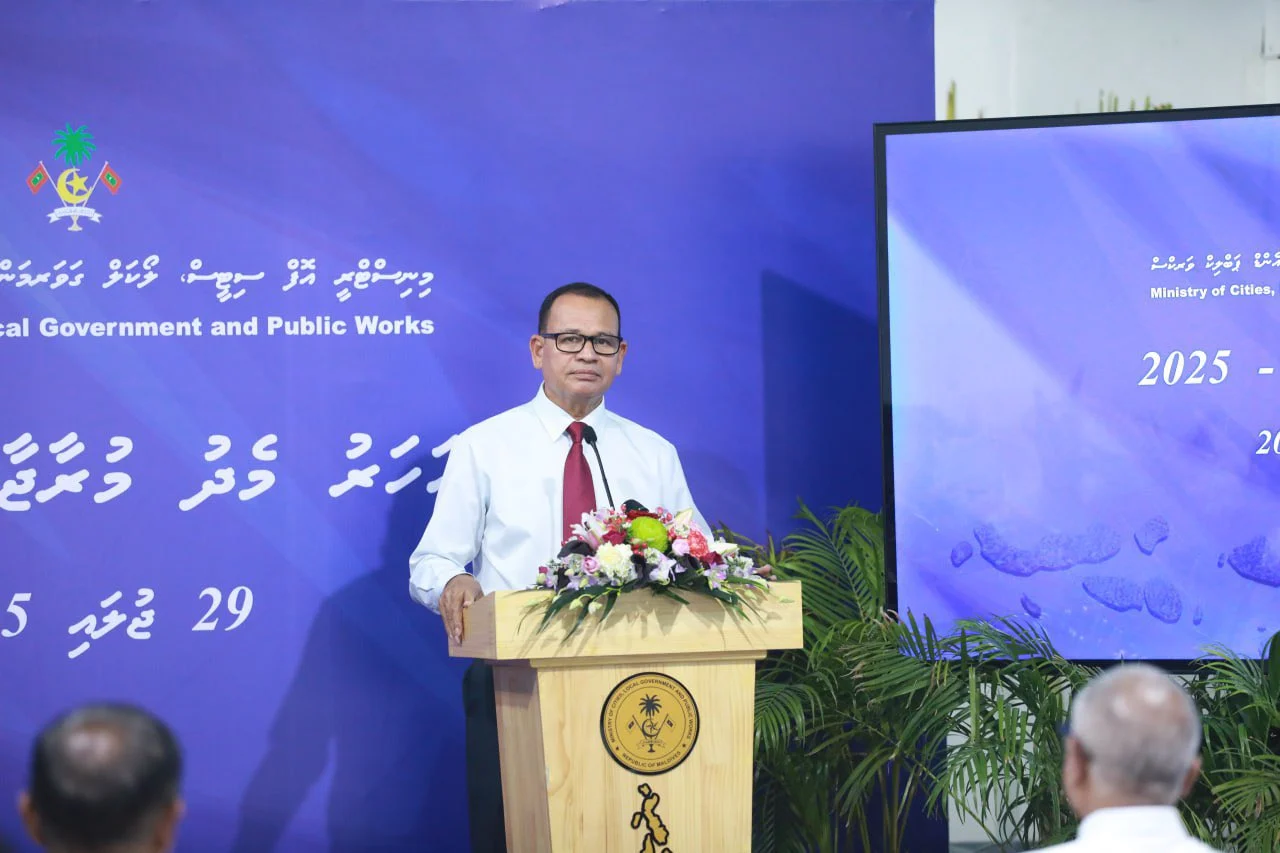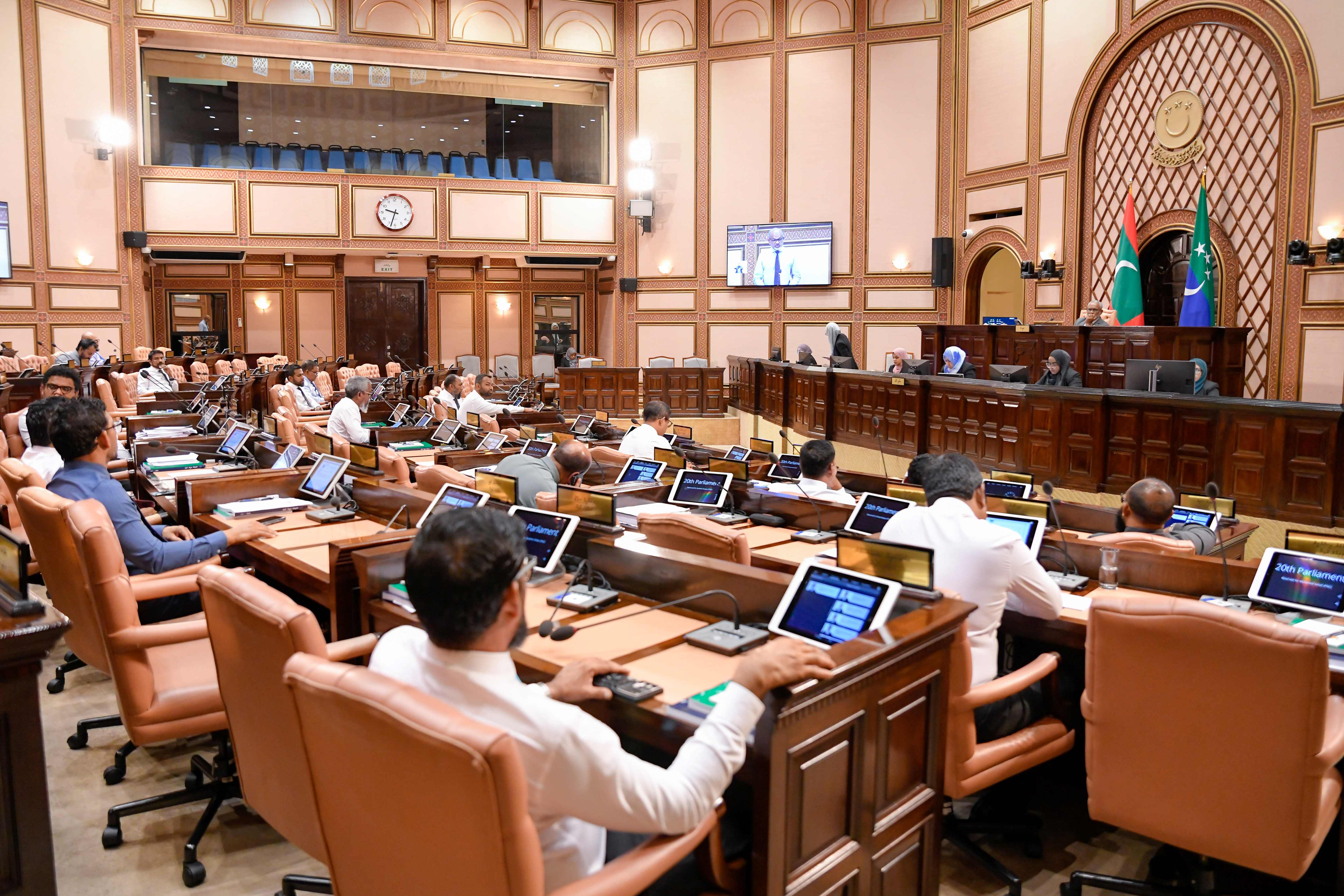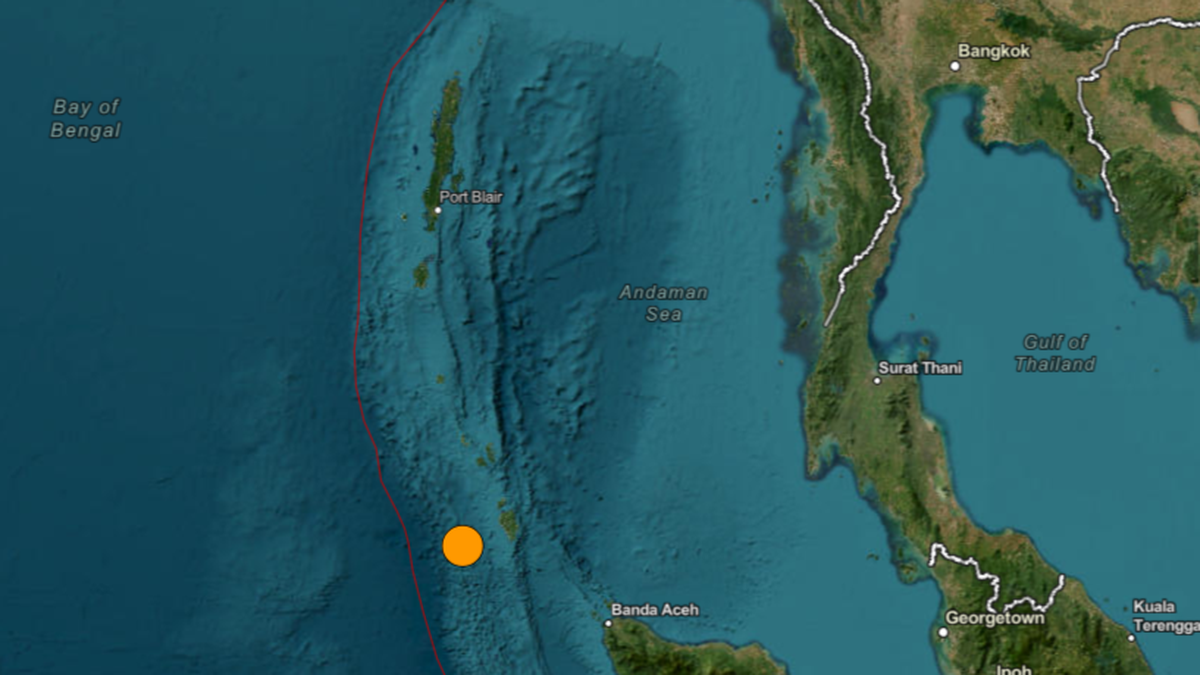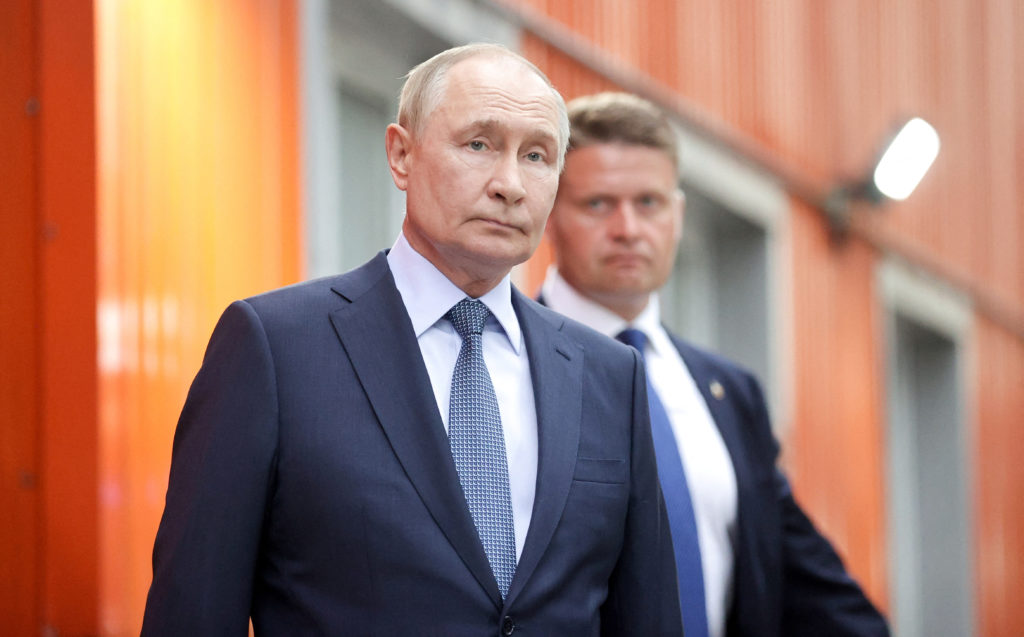Sri Lankan Prime Minister Mahinda Rajapaksa resigned Monday following weeks of protests demanding that he and his brother, the president, step down over the country’s worst economic crisis in decades.
His official resignation was confirmed via a tweet as well.
“Effective immediately I have tendered my resignation as Prime Minister to the President,” said Mahinda Rajapaksa in his tweet.
The resignation of the prime minister means that the entire Cabinet is dissolved.
The resignation comes after authorities deployed armed troops in the capital, Colombo, on Monday following an attack earlier in the day by government supporters on protesters who have been camped outside the offices of the president and prime minister.
For several months, Sri Lankans have endured long lines to buy fuel, cooking gas, food, and medicine, most of which come from abroad. Shortages of hard currency have also hindered imports of raw materials for manufacturing and worsened inflation, which surged to 18.7 percent in March.
Sri Lanka was due to pay $7 billion of its foreign debt this year out of nearly $25 billion it must pay by 2026. Its total foreign debt is $51 billion.
Sri Lanka’s finance minister announced earlier this week that the country’s usable foreign reserves have plummeted below $50 million.
As oil prices soar during the Russia-Ukraine conflict, Sri Lanka’s fuel stocks are running out. Authorities have announced countrywide power cuts will increase to about four a day because they can’t supply enough fuel to power generating stations.
His official resignation was confirmed via a tweet as well.
“Effective immediately I have tendered my resignation as Prime Minister to the President,” said Mahinda Rajapaksa in his tweet.
The resignation of the prime minister means that the entire Cabinet is dissolved.
The resignation comes after authorities deployed armed troops in the capital, Colombo, on Monday following an attack earlier in the day by government supporters on protesters who have been camped outside the offices of the president and prime minister.
For several months, Sri Lankans have endured long lines to buy fuel, cooking gas, food, and medicine, most of which come from abroad. Shortages of hard currency have also hindered imports of raw materials for manufacturing and worsened inflation, which surged to 18.7 percent in March.
Sri Lanka was due to pay $7 billion of its foreign debt this year out of nearly $25 billion it must pay by 2026. Its total foreign debt is $51 billion.
Sri Lanka’s finance minister announced earlier this week that the country’s usable foreign reserves have plummeted below $50 million.
As oil prices soar during the Russia-Ukraine conflict, Sri Lanka’s fuel stocks are running out. Authorities have announced countrywide power cuts will increase to about four a day because they can’t supply enough fuel to power generating stations.





